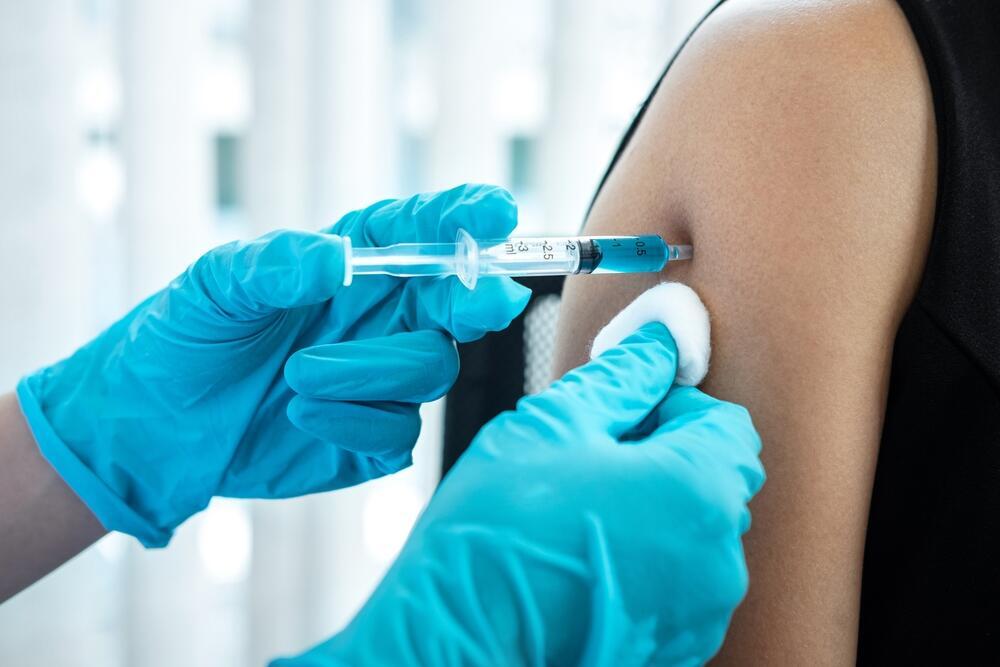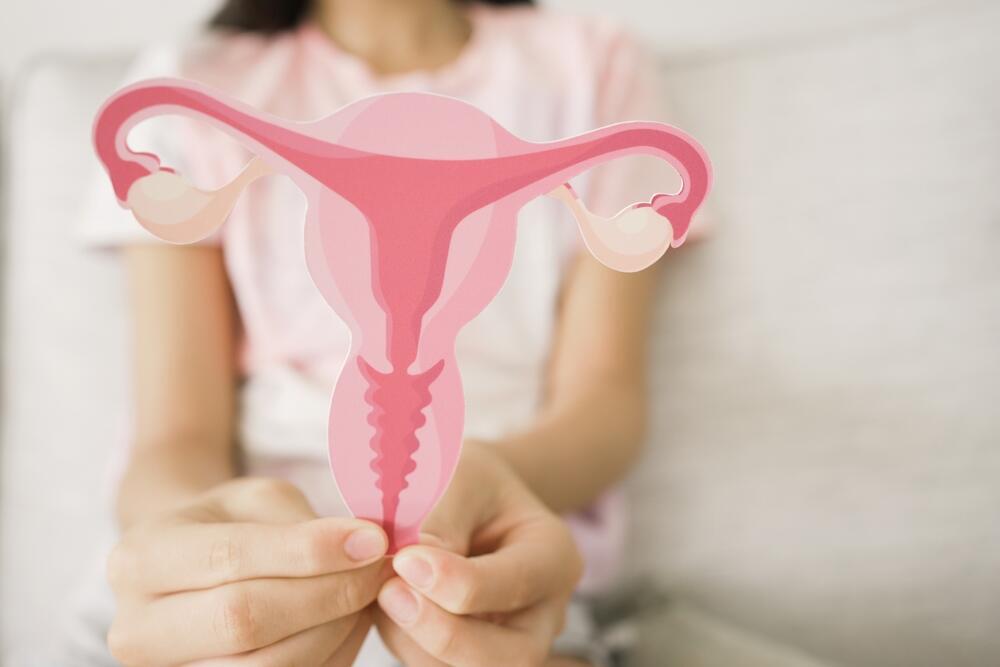Getting your Trinity Audio player ready...
Groundbreaking research at the University of Oxford is underway to develop OvarianVax, the world's first vaccine targeting ovarian cancer.
The vaccine aims to train the immune system to recognize and attack more than 100 proteins on the surface of ovarian cancer cells.
Led by Prof. Ahmed Ahmed, Director of the Ovarian Cancer Cell Laboratory, the team is working to empower the immune system to identify and destroy cancerous cells in their early stages, offering a less invasive option for women at risk.
The development of OvarianVax is funded by Cancer Research UK, which has awarded the University of Oxford team £600,000 over three years. Michelle Mitchell, chief executive of Cancer Research UK, emphasized the importance of this initiative, stating it is a "really important step forward into an exciting future, where cancer is much more preventable."
OvarianVax is designed to work by teaching the immune system to recognize and attack the earliest stages of ovarian cancer, similar to the approach of the HPV vaccine for cervical cancer. The vaccine aims to prevent ovarian cancer, particularly for women with BRCA1 and BRCA2 mutations, who face significantly elevated risks of developing the disease. Approximately 45% of people with an altered BRCA1 gene and nearly 20% with an altered BRCA2 gene will develop ovarian cancer by the age of 80, highlighting the urgency of the vaccine.
Prof. Ahmed expressed optimism about the future of the ovarian cancer vaccine, stating, "Absolutely—that would be the aim. We still have a long way to go but it is a really exciting time. I'm very optimistic myself." He hopes to see the effect of the vaccine "within four or five years on healthy populations" if trials prove successful. Although the full timeline for vaccine approval may be "many years away," the visible impact could be seen much sooner.
The research team is identifying specific proteins on early-stage ovarian cancer cells, called tumor-associated antigens, to enhance the vaccine's efficacy. Using ovarian cancer samples donated by patients with the disease, the researchers will look for common mutations that result in abnormal proteins recognized by the immune system. They will then move to test the vaccine on organoids, small laboratory cancer models, as part of the final stage of laboratory studies before human clinical trials.
Prof. Ahmed said, "Let's imagine that it all goes well, and the vaccine really works well. I'm hoping that, because the number of cells that we will be targeting is quite small, we will have success. We've seen success with the HPV vaccine—it's really, really incredibly effective."
Currently, women who carry BRCA gene mutations are recommended to have their ovaries removed by their mid-thirties, resulting in early menopause and robbing them of the chance to have children. "Women with BRCA1/2 mutations, who are at very high risk, are offered surgery which prevents cancer but robs them of the chance to have children afterward," said Prof. Ahmed. The hope is that the new vaccine will serve as an alternative to preventive surgeries for at-risk populations, alleviating the need for early oophorectomy and its associated consequences.
Michelle Mitchell declared that OvarianVax is one of many projects aimed at providing women with longer, better lives, free from the fear of cancer. "This funding will power crucial discoveries in the lab which will realize our ambitions to improve ovarian cancer survival," she said.
Ovarian cancer is often diagnosed at late stages due to vague symptoms like bloating, low appetite, urinary frequency, changes in bowel habits, and a loss of appetite and weight, which overlap with less serious conditions. Approximately 7,500 new cases are diagnosed annually in the UK, making it the sixth most common cancer in females. Statistics show that about two-thirds of ovarian cancer patients die within a year of diagnosis, and only around 50% survive five years or more.
Prof. Ahmed's team will first focus on women who have mutations in the BRCA1 or BRCA2 genes, including those with a high genetic risk of ovarian cancer. The next step would be to vaccinate women with BRCA1/2 genetic mutations, followed by an expansion to the general population of women without known disease or other risk factors. "If you give it to those patients and it's effective, then you get the best health economics and the best cost-effectiveness. The question then becomes—would it really benefit the general population? Could you offer it to everyone?" Prof. Ahmed said.
Dr. David Crosby of Cancer Research UK describes OvarianVax as an "exciting step forward" in cancer prevention. He notes that once the immune system is primed by the vaccine to recognize these antigens, white blood cells can more effectively kill potential tumor-forming cells. "Scientists will investigate how effectively the vaccine stimulates immune cells to kill mini-models of ovarian cancer, called organoids," Dr. Crosby explains.
The urgency of the OvarianVax vaccine is underscored by the risks faced by women with BRCA1 and BRCA2 mutations, and the lack of current screening tests for ovarian cancer. Prof. Ahmed stated, "We need better strategies to prevent ovarian cancer." He added, "Teaching the immune system to recognize the very early signs of cancer is a tough challenge. But we now have highly sophisticated tools, which give us real insights into how the immune system recognizes ovarian cancer."
Vaccines are a relatively new development in the arsenal to fight cancer. A number of vaccines are being trialed to see if they are effective in the fight against various cancers, including melanoma, pancreatic, and lung cancer, among others. If successful, OvarianVax could train a person's immune system to attack any abnormal ovarian cells as they arise, without the person even knowing anything was awry.
Prof. Ahmed hopes to see the effect of the vaccine within the next five years. "I'm optimistic because we are talking about preventing the very first few cancer cells that develop—and not trying to cure or treat or prevent the tumor coming back," he said. He is hopeful for success because the number of cells targeted is small, and he noted the HPV vaccine's incredible effectiveness.
The development of OvarianVax represents a significant advancement in cancer prevention, offering new hopes for the prevention of ovarian cancer. Researchers continue to work diligently, with the ultimate goal of making the vaccine widely available and offering a less invasive option for women at risk of ovarian cancer.
This article was written in collaboration with Generative AI news company Alchemiq
Sources: The Independent, Sky News, BBC, The Scottish Sun, The Sun, O Globo, Economic Times, Washington Examiner, Forbes, El Tiempo




